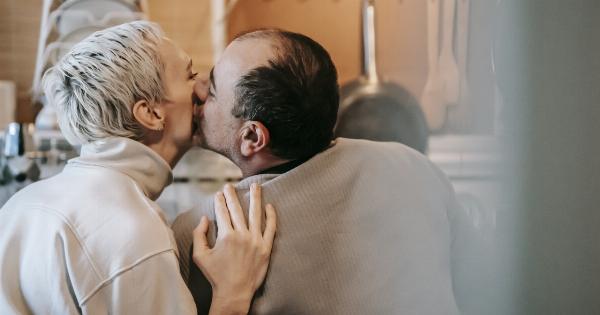Getting a good night’s sleep is essential for overall health and well-being.
However, recent studies suggest that exposure to even small amounts of light in your sleeping quarters could have a negative impact on the efficacy of anti-cancer medications. Light can interfere with the body’s natural circadian rhythms and disrupt sleep, which can lead to a compromised immune system and reduced effectiveness of cancer treatments.
In this article, we will explore the effects of light on anti-cancer medications and how you can create a sleep environment conducive to a good night’s rest.
What is Circadian Rhythm?
Circadian rhythm refers to the body’s natural internal clock that regulates various physiological processes such as sleep, metabolism, and hormone production. It is a 24-hour cycle that is influenced by external factors such as light and dark.
When we are exposed to light, especially at night, it can disrupt our circadian rhythm and affect our ability to fall asleep and stay asleep.
How Does Light Affect Cancer Treatment?
Studies have shown that exposure to light, especially blue light, can interfere with the efficacy of anti-cancer medications. Our bodies produce a hormone called melatonin, which regulates sleep and has been shown to have anti-cancer properties.
When we are exposed to light, especially in the blue spectrum, it can suppress the production of melatonin and disrupt our body’s natural circadian rhythm.
The Importance of Sleep During Cancer Treatment
A good night’s sleep is essential for our body’s natural healing processes, including cancer treatment. Sleep plays a crucial role in cellular repair and immune system function.
When our body is deprived of sleep, it can lead to a compromised immune system and reduced effectiveness of cancer treatments. Therefore, it is important to create an environment that promotes a good night’s sleep.
How to Create a Sleep-friendly Environment
Creating a sleep-friendly environment starts with limiting exposure to light, especially blue light. Here are some tips to help you create a sleep-friendly environment:.
- Use blackout curtains or shades to block out light from windows.
- Avoid using electronic devices such as smartphones, tablets, and laptops in bed.
- Use dimmer switches or low wattage bulbs in your bedroom.
- Invest in a comfortable mattress and pillows to promote a comfortable sleep.
- Avoid consuming caffeine, alcohol, or heavy meals before bedtime.
Conclusion
Exposure to light, especially blue light, can have a negative impact on the efficacy of anti-cancer medications. It is important to create a sleep environment that promotes a good night’s rest, which is essential for overall health and well-being.
By limiting exposure to light and following these tips, you can create a sleep-friendly environment that supports your body’s natural healing processes.



























